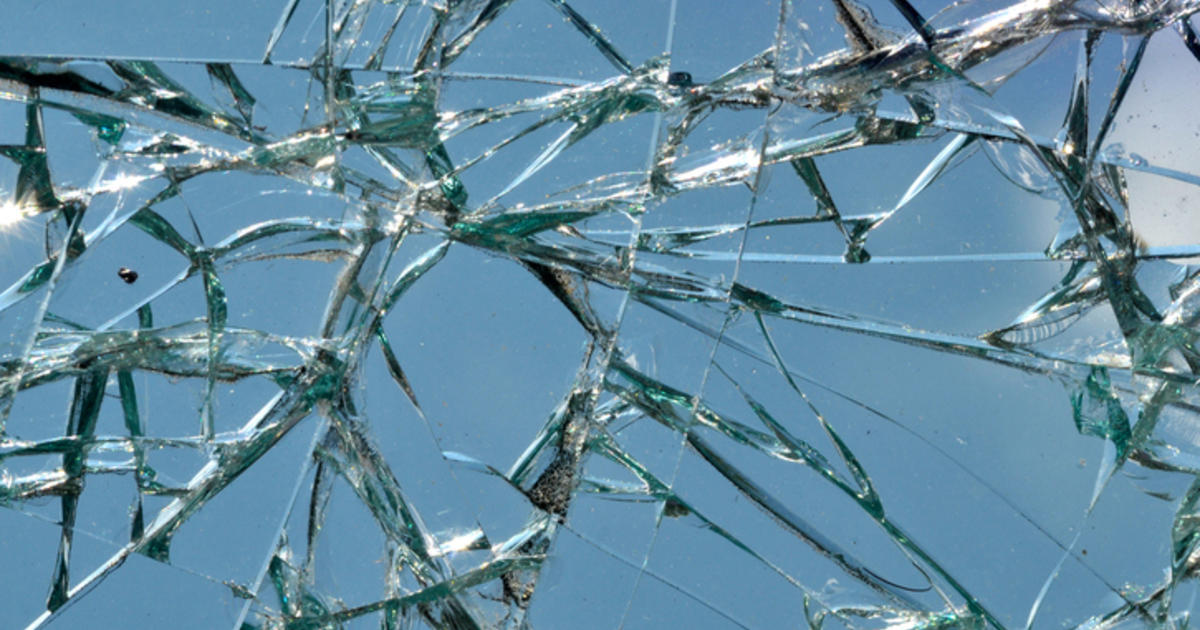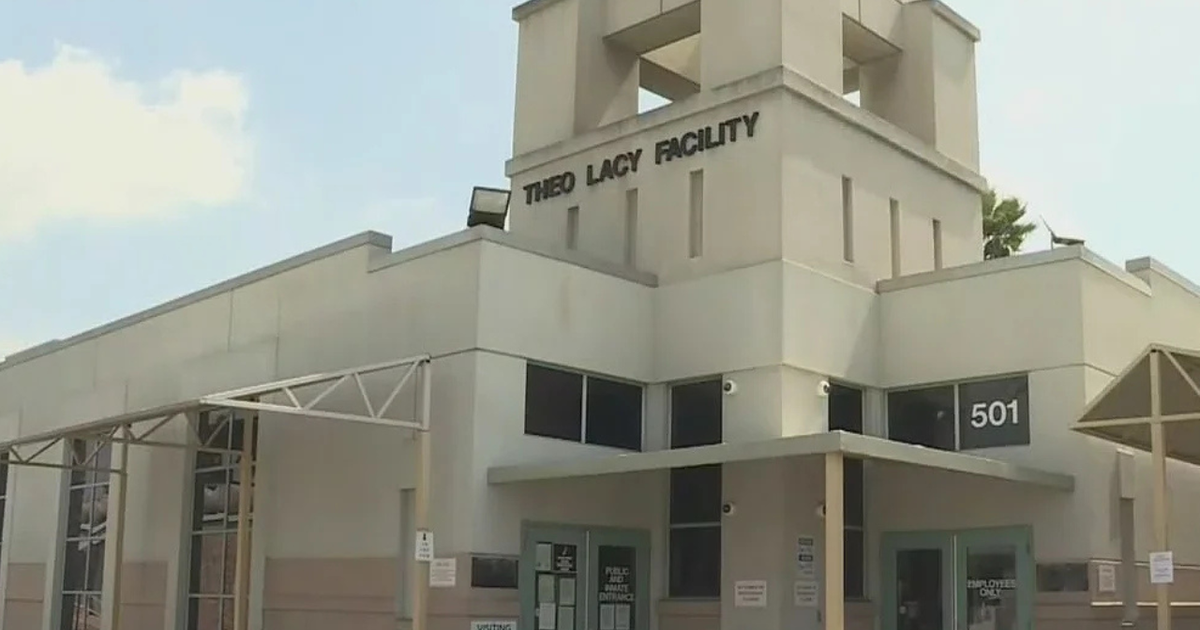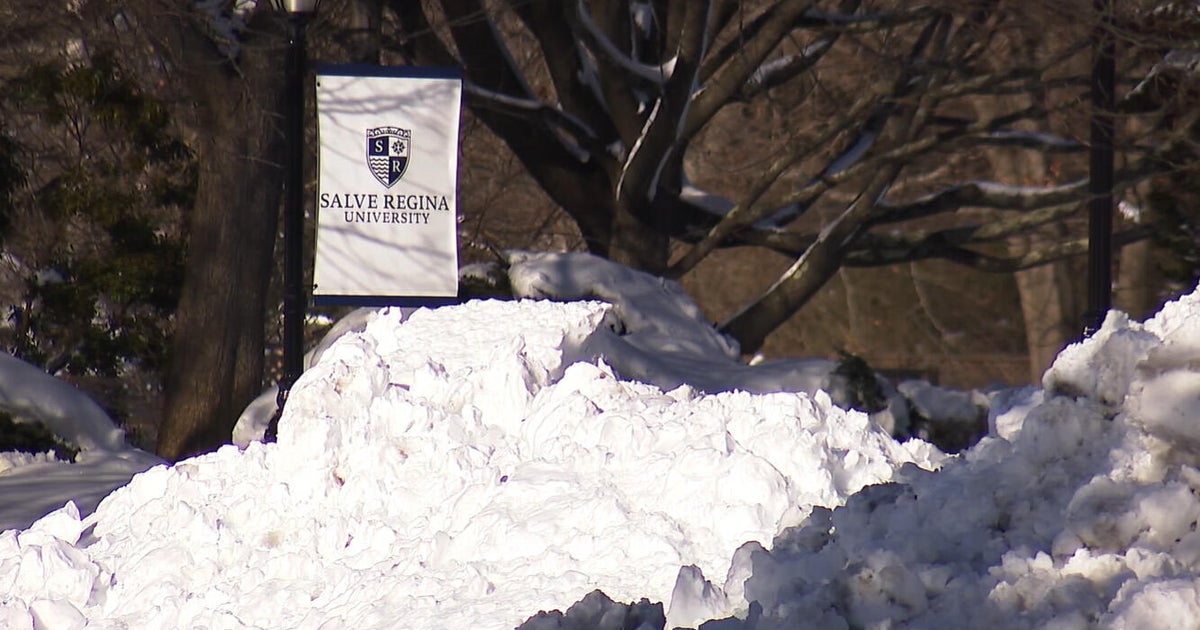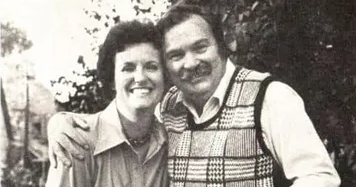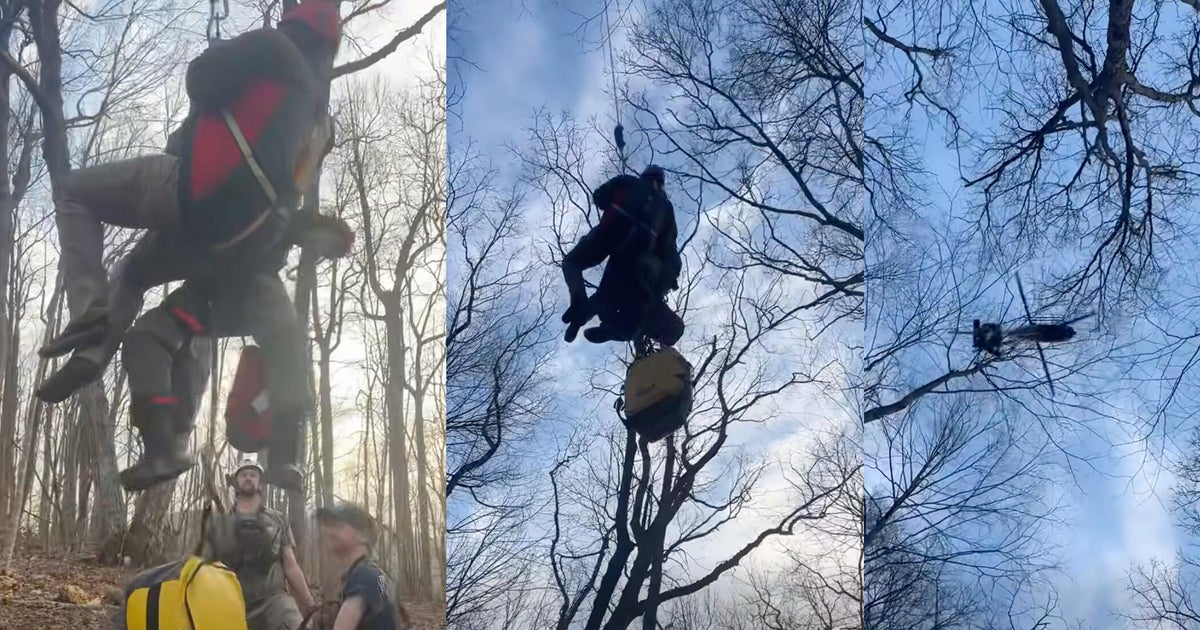Creator Of Miami Serpentarium Dies At 100
MIAMI (CBS4)- The man who mesmerized generations of paying customers from 1947 to 1984 by extracting venom at his Miami Serpentarium as a spine-tingling South Florida attraction is dead.
Bill Haast died of natural causes Wednesday in Punta Gorda, on Florida's west coast, where he had made his home. He was 100 years old.
Born William E. Haast on Dec. 30, 1910, in Paterson, N.J., he was a South Florida celebrity for surviving successive venomous snakebites. Friday, his wife, Nancy, put his lifetime tally at 172.
The legacy left him immunized, enabling him to donate life-saving blood to 21 victims across the years, according to CBS4 news partner the Miami Herald.
All survived, she said.
Grainy black-and-white television footage from 1962, now part of the Wolfson Archive, shows a fit, toothy 51-year-old Mr. Haast in a hospital recovering from his 79th snake bite — his first ever by a King Cobra.
A rare survivor, he declared himself doing "very well, anxious to get back to work."
Why?
"I must."
Mr. Haast's passing reminded South Floridians of a bygone era when entrepreneurs could set up quirky roadside attractions along Dixie Highway, U.S. 1, to thrill both local school kids and wintering vacationers who fled the cold.
"He was a really nice man with a big heart," said grandniece Michelle Haast, of Miami. "Not to mention pretty damn smart. And a bit crazy."
Twitter accolades came in from across the globe. The Reptile Centre in Northampton, England, declared him "an inspirational man within the world of reptiles." In North Carolina, a chemist offered this salute: "Resssssssst in Peace Bill Haast."
Part scientist, part entertainer, Mr. Haast spent his early years in Miami as a mechanic for Pan Am, while he built the snake farm he called The Serpentarium along a portion of U.S. 1 that today is part of Pinecrest. By the mid-1960s he was putting on five shows a day, dressed in a white lab coat, extracting venom to sell for scientific experimentation.
"He was into it for the science on how snake venom affected the body," said his grandniece, who worked at The Serpentarium as a teen in the 1980s. He had done research for a polio vaccine and sought a cure for multiple sclerosis.
"He'd put on a show just to supplement the research for the while," she said. "And in the end the research could take care of itself."
The attraction had a gift shop, 400-pound turtles and a 20-foot python. It also had a pit with a 12-foot crocodile named "Cookie" who weighed, literally, a ton. Tragically, a 6-year-old boy fell in and died in 1977. Haast went to the pit with a pistol the very next day and shot the croc.
He closed the business in 1984, moved to Utah for a few years but returned to Florida in 1990 and settled in a Punta Gorda ranch with Nancy, his third wife, and some 400 snakes that supplied his Miami Serpentarium Laboratories.
"Miami was in Bill's heart to the end," his widow said. "It was his adopted city. No matter where we went, Miami was Bill's real home."
By his 95th birthday, he was a bit of a recluse. He agreed to chat only by telephone with a Miami Herald reporter. "I know a lot of people in Miami still remember the Serpentarium and wonder what became of me," he said, "that's why I'm talking to you.''
It was 2006 and he was still extolling the virtues of venom, saying he injected himself weekly with a cocktail from five snakes — cobras, cottonmouths, kraits, mambas and rattlers — homeopathy the Food and Drug Administration would never endorse.
"I could become a poster boy for the benefits of venom,'' Mr. Haast boasted. "If I live to be 100, I'll really make the point.''
And so he did.
The Roberson Funeral Home of Port Charlotte said Friday that arrangements were incomplete. Besides his wife, he left two daughters, Naia Hanna and Shantih, living in California. A son, William Haast Jr., predeceased him. He also left three grandchildren, two great-grandchildren and two great-great-grandchildren.
(©2011 CBS Local Media, a division of CBS Radio Inc. All rights reserved. This material may not be published, broadcast, rewritten, or redistributed. CBS4 news partner The Miami Herald contributed material for this report)
